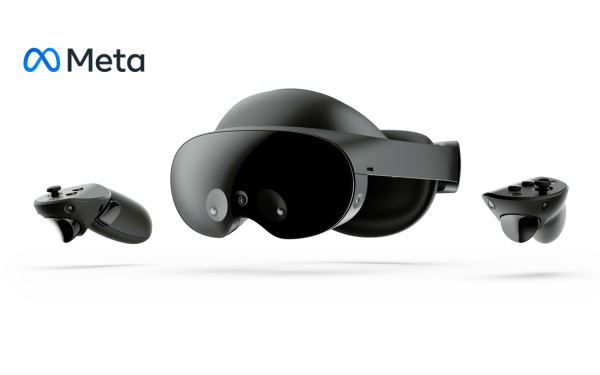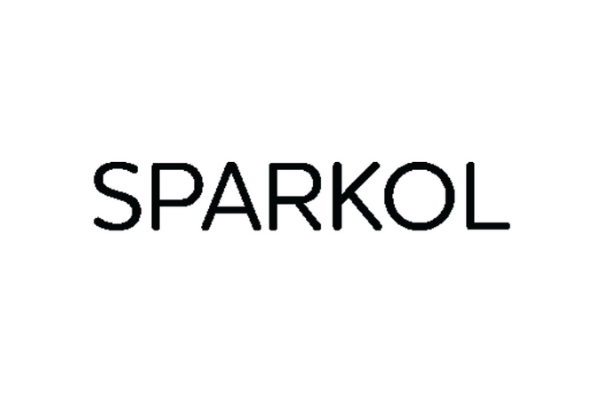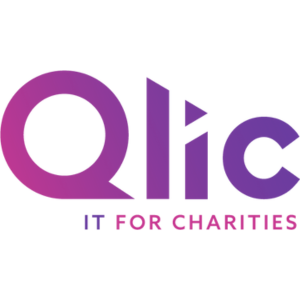Insights
INSIGHTS
All Topics
How to support neurodiversity in the workplace
26 Jun 2023by Kellie Smith
You have viewed all of your 1 articles as an unregistered user
To continue reading this article please register.
For unlimited access to our free content, please register.
Kellie Smith
More on this topic
Recommended Products
12 Mar 2025by Kalli Daffin
A guide to buying refurbished computers for your charitySponsored Article
04 Jan 2025by Aidan Paterson
The best bank accounts for charities
03 Jan 2025by Ioan Marc Jones
Charities and climate change
Our Events
Charity Digital Academy
Our courses aim, in just three hours, to enhance soft skills and hard skills, boost your knowledge of finance and artificial intelligence, and supercharge your digital capabilities. Check out some of the incredible options by clicking here.




















